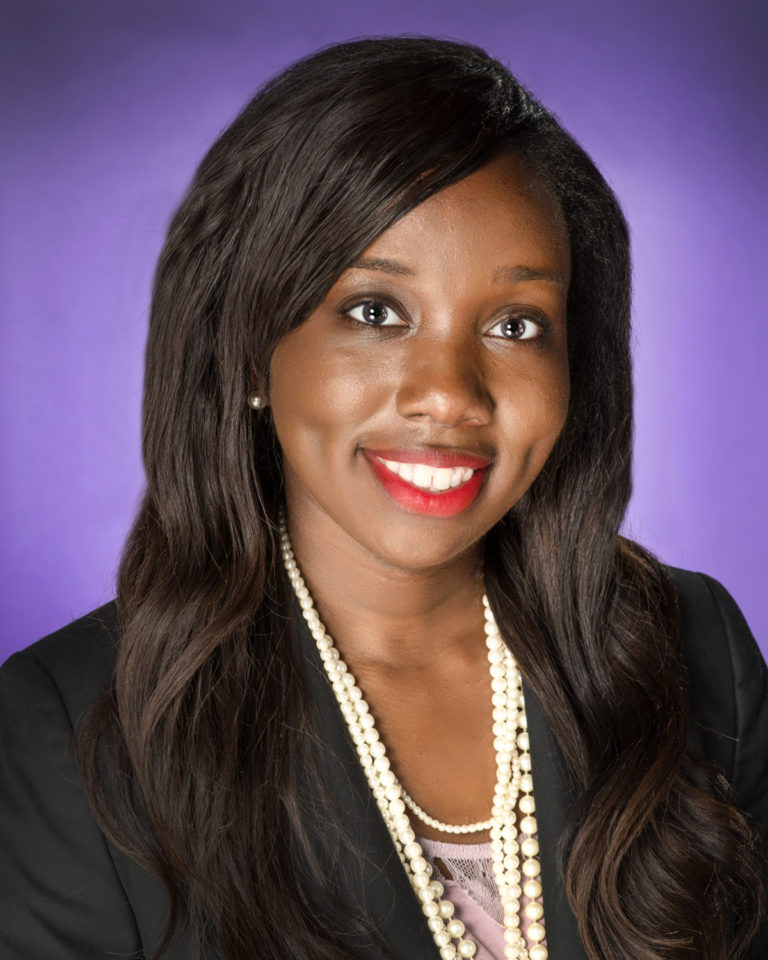 TCU’s Coordinator of Special Projects, Dr. Whitnee Boyd, has taught Honors College
Life and Identity for two semesters. Sharing identity through storytelling—in and
outside of TCU—has been the core of her class.
TCU’s Coordinator of Special Projects, Dr. Whitnee Boyd, has taught Honors College
Life and Identity for two semesters. Sharing identity through storytelling—in and
outside of TCU—has been the core of her class.
"There’s so much more depth and breadth of people and experiences out there in Fort Worth," Boyd said.
Boyd hopes to expose students to this depth through the service-learning component of her Honors course. Throughout the semester, her students volunteer with various local non-profit agencies, such as The WARM Place and Magnolia Hospice. Volunteering in the community, Boyd says, whether with children, high school students, veterans, or clinical patients, is about exchanging knowledge and stories. Boyd tells students, “This isn’t where you’re going to impart knowledge—you’re going to learn.”
After each class, students write reflections on how their volunteer work or the daily discussion affected them. This, Boyd says, engages students in the journey of their own self-discovery by affirming the experiences of some while acquainting others with their societal privileges. This can be a liberating or challenging experience for some, but Boyd encourages her class to view vulnerability as a strength because people who “bring their full selves” to a discussion are crucial to creating an inclusive environment.
“We’re talking about race, we’re talking about gender, we’re talking about class, we’re talking about religion,” Boyd said. “We’re going to have those conversations.”
Prominent Fort Worth professionals have visited her class, such as the city chamber’s Jarred Howard, Senior Vice President of Small Business and Entrepreneur Support, and Jody Sanders, Fort Worth litigation attorney for Kelly Hart & Hallman LLP. Additionally, her class has hosted guests from within the TCU community, such as Student Development Services’ Lindsay Knight, and Dr. Lauren Nixon from the Office of the Chancellor. These guests often speak to the challenges and experiences that have shaped their stories. Then, they are invited and encouraged to join the day’s discussion, allowing them, in return, to learn from the students.
“I’ve had speakers come in and say ‘I hadn’t thought of it that way,’” Boyd said.
At the end of the course, students complete a final project discussing the ways their time in the community has shaped who they are—a core component of being part of the Honors College. One of Boyd’s former students recently contacted her to say that even though they may not have recognized it during the course, she has since noticed resounding changes in herself.
“She said ‘I know how to have conversations with people across differences, because we did it in class,’” Boyd said.
Her teaching reflects what it truly means to be an Honors student and professor, dedicating oneself to understanding the world and taking on its big questions. It is crucial to Boyd, no matter when it occurs, that students learn not only the stories of others but to learn more about themselves.